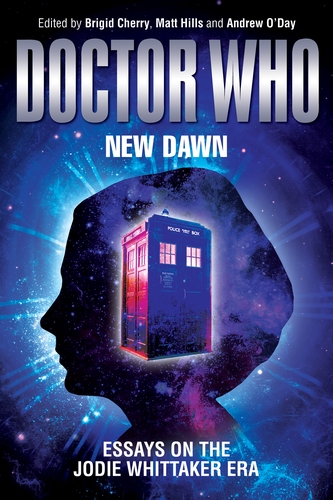Thanks to the gracious invitation from my Screenwriting Research Network colleague Paolo Russo – and a grant he was able to procure (and in the before-Covid time) I was able to spend a week at Oxford Brookes University working with the screenwriting masters students in Paolo’s course. At the culmination of the week, I gave this lecture on how writers rooms worked in the States.
Transcript:
What I learned from being in a writer’s room is the things you need to do most are the things you learn in English and Humanities classes. First of all, you’re selling your nightmares. What are the worst things you can imagine happening? Make stories out of that. They’re the what-ifs of your life. That whole Down Syndrome baby thing. I was pregnant when I wrote that. You have no idea when you’re going to have a kid right unless you get all the tests and even if you get all the tests you’re not sure until the day the kid shows up and you imagine all the awful things that might happen right? So I was in the middle of that when I wrote that episode. So that was my true emotion that was happening. I wrote an episode once about what if your husband committed suicide. I’ve got all kinds of episodes. I just thought what are the worst things that could happen to me and bam they became episodes over and over again right? So you’ve got to mine your nightmares and manage them.
Watch this entire presentation
Subscribe to Rosanne’s Channel and receive notice of each new video!
* A portion of each sale from Amazon.com directly supports our blogs
** Many of these books may be available from your local library. Check it out!
† Available from the LA Public Library
Podcast: Play in new window | Download
Subscribe: RSS
![47 Selling Your Nightmares from There And Back Again: Writing and Developing for American TV [Video]](https://rosannewelch.com/wp-content/uploads/2021/10/rmw-oxford-brookes-47.jpg)



![The Difficulties and Delicacies of Writing the First Female Doctor in 50+ years (Complete) [Video]](https://rosannewelch.com/wp-content/uploads/2021/10/SD-Who-Con-Chibnall-2021-001.jpg)
![20 Screenwriting: Television Vs. Film from Worry and Wonder | The Courier Thirteen Podcast [Video]](https://rosannewelch.com/wp-content/uploads/2021/10/rmw-courier-13-20.jpg)
![46 The Importance of Pronouns from There And Back Again: Writing and Developing for American TV [Video]](https://rosannewelch.com/wp-content/uploads/2021/10/rmw-oxford-brookes-46.jpg)



![19 Bingability from Worry and Wonder | The Courier Thirteen Podcast [Video]](https://rosannewelch.com/wp-content/uploads/2021/10/rmw-courier-13-19.jpg)